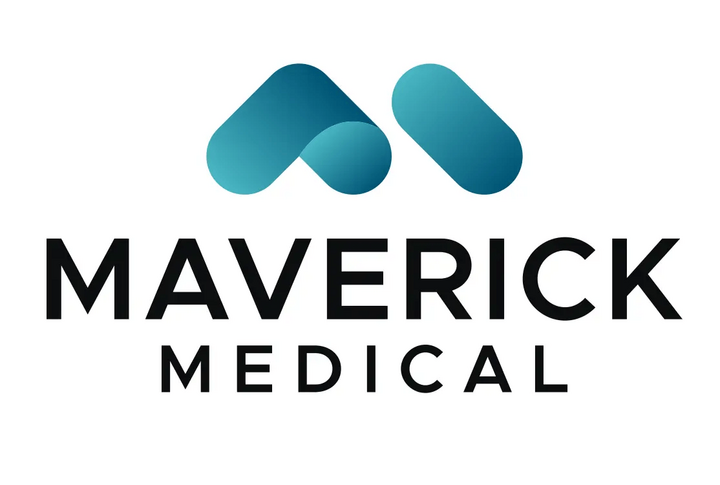Newsletter
Thank you for subscribing.
You have already subscribed.
Posted by - Maverick Medical -
on - Jul 2 -
Filed in - Health -
Medical Billing Services Medical Coding -
46 Views - 0 Comments - 0 Likes - 0 Reviews

In today’s rapidly evolving healthcare landscape, precision and compliance are crucial. Medical Coding plays a pivotal role in this ecosystem, converting clinical documentation into standardized codes that are essential for billing and administrative efficiency. When this vital function is paired with efficient Medical Billing Services, providers can ensure not only accurate reimbursements but also enhanced operational flow.
Medical coding involves translating patient diagnoses, procedures, services, and equipment usage into universal alphanumeric codes. This process relies on classification systems such as:
ICD-10 (International Classification of Diseases)
CPT (Current Procedural Terminology)
HCPCS (Healthcare Common Procedure Coding System)
These codes ensure that services are uniformly documented, billed, and tracked across different healthcare settings.
Medical coding is far more than administrative work. Its importance lies in:
Facilitating accurate insurance claims and faster reimbursement
Standardizing healthcare documentation for analysis and reporting
Ensuring compliance with regulations
Minimizing errors and reducing the risk of audits
Supporting effective communication among healthcare professionals
Accurate medical coding directly impacts the financial health of a practice. It enhances:
Claim acceptance rates by reducing coding errors
Billing efficiency through timely submissions
Revenue forecasting via detailed procedural data
One accurate medical code can prevent a cascade of billing complications.
Professional coders are trained in complex documentation and compliance rules. Their responsibilities include:
Analyzing physician documentation and assigning codes
Ensuring alignment with payer-specific rules
Updating knowledge based on changing coding standards and policies
Efficient practices often integrate medical coding directly into their Medical Billing Services workflows. This approach results in:
Seamless billing
Real-time claim tracking
Reduced delays and denials
Automation and Electronic Health Record (EHR) systems further enhance this integration.
Emerging tech trends that are transforming coding include:
Computer-Assisted Coding (CAC)
Natural Language Processing (NLP)
AI-driven audits
These technologies help improve coder accuracy, productivity, and consistency.
To ensure accuracy and compliance:
Conduct regular internal audits
Stay current with CMS and payer guidelines
Train staff continuously
Document thoroughly and clearly
Q1: Why is medical coding essential in healthcare? A: It ensures accurate documentation, insurance reimbursement, and legal compliance.
Q2: What certifications are common for medical coders? A: Certified Professional Coder (CPC) and Certified Coding Specialist (CCS) are popular.
Q3: Can coding be outsourced? A: Yes, outsourcing ensures cost-efficiency, accuracy, and faster turnaround.
Q4: What’s the difference between coding and billing? A: Coding assigns standardized codes; billing processes those codes for reimbursement.
Q5: How often are coding updates released? A: Major updates are typically annual, with interim updates from payers.
Medical coding serves as the linchpin in today’s healthcare operations. With its ability to ensure compliance, streamline reimbursements, and provide accurate health data analytics, it forms the foundation for effective care delivery and financial health. Integrating Medical Coding with robust Medical Billing Services is the key to optimized performance and sustainable growth in healthcare management.

Our Mission... “To assist disaster survivors by providing a source for them to come together in time of need, to aid in the listing of events, information and other forms of assistance, and continuing support through the recovery process.”

Share this page with your family and friends.